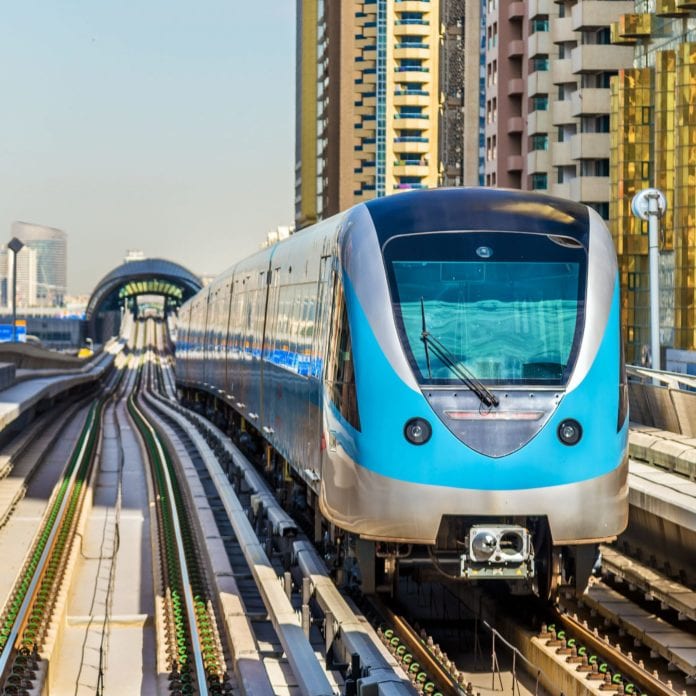A conversation about connectivity in public transportation with Jim Allison, Manager of Planning, CCJPA
The below is only a summary. Download a transcript of the complete interview and receive the complete report “Wireless in the Enterprise: A deeper reach, a more active role for venue owners” when it publishes in late October.
Riders love wireless connectivity in public transportation and are often disappointed by the limited mobile coverage. It is indeed difficult to provide reliable and robust connectivity inside trains – the signal does not cross metal barriers well, and the high number of simultaneous handoffs as riders move from one cell to the next is difficult to manage. To address this issue, many transit operators have deployed their own networks to complement mobile coverage – to make their riders happy and increase ridership. Wi-Fi connectivity “add[ed] ridership. It was a compelling reason to take the train, and people continue to mention it. It’s often, “Why do I take the train? It’s because I have Wi-Fi in the train,” Jim Allison, the Manager of Planning at CCJPA, told us.
CCJPA was one of the first train operators in the US to build a wireless network that riders can use for free. Now it is expanding the use of its wireless infrastructure to applications that support internal operations, which will improve efficiency and contain costs. “Operational changes are a big cultural challenge to deal with. It’s a matter of matching the technology change with the cultural change. We’re just at the start, at least in our agency, of looking at condition-based maintenance. That’s done via sensors that are on the train, and that data is carried by that network,” Jim added.
This topic will be discussed further on a webinar on October 31. Register for the webinar.


